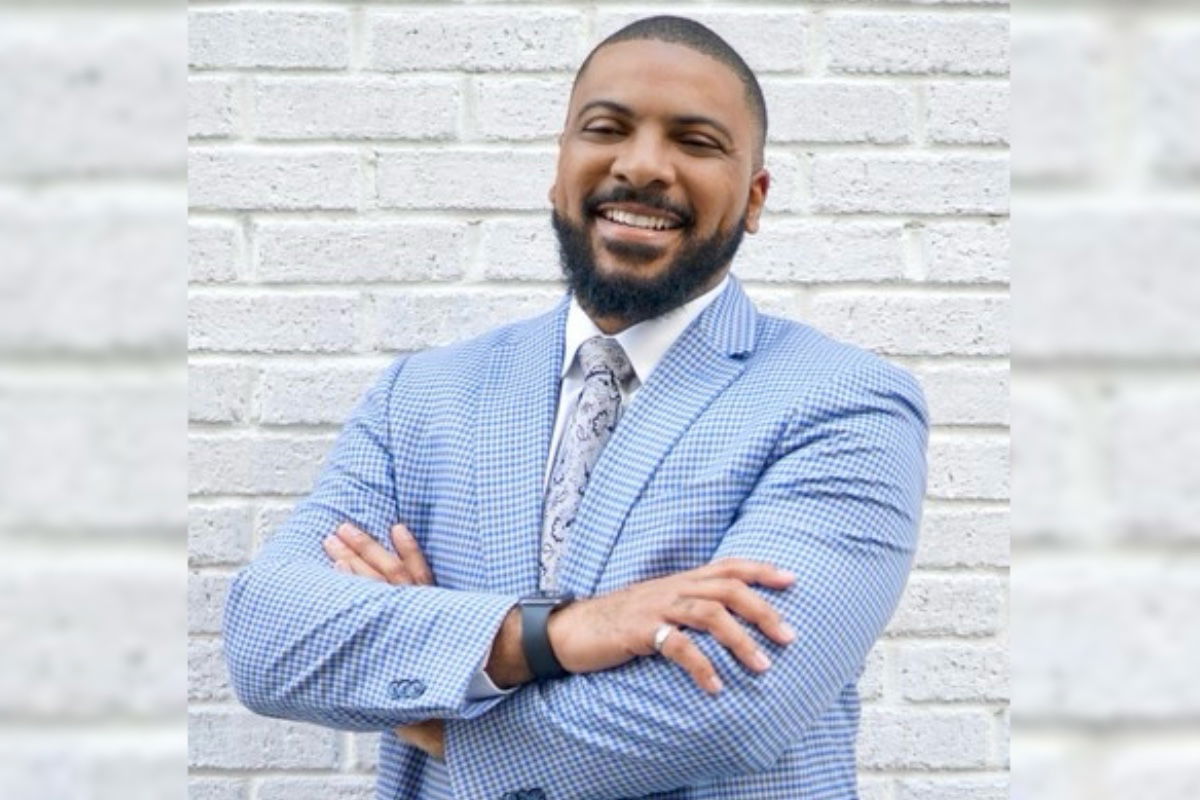
February 21, 2024
Call To Action: Black Americans Must Consider Estate Planning As A Means To Generational Wealth
Black Americans are more inclined not to have estate planning documents in place compared to other racial groups.
Though estate planning is crucial, money experts contend it’s a tool often overlooked and not seen as a life-changing high priority.
Just 33% of African Americans have spoken to their parents about long-term care options and preferences provided they’re needed, based on new data supplied by life insurance and financial services giant Northwestern Mutual. Only 31% of the respondents stated their wishes on inheritance issues, wills, and other matters on future estate plans.
The data showed that the average Black American is convinced that preparing a will is best done around 43. However, many financial advisers urge starting as soon as you turn 18.
Much is at stake. Black Americans could fail to benefit from a $68 trillion transfer of wealth by 2047, partly due to insufficient estate planning. According to CNBC, over 70% of Black Americans do not have a will.
In general, estate planning is vital as it helps establish where an individual’s holdings, like homes, money, and other assets, go after death. The absence of one could have devastating financial implications because a person’s estate could lead to legal problems and cause family feuds. However, an estate plan, including a will or living trust, can help erase those disputes before or after death.
While progress has been made, the Black community still falls behind other demographics regarding estate planning, says Dexter Wyckoff, a managing director for Northwestern Mutual in Florida.
“I have found that many members of our community feel as though estate planning is only for the wealthy, and this myth also applies to the need to engage with a financial advisor.”
He explained Blacks need to be aware that estate planning can be affordable and is not only relevant when a loved one passes away. He declares both are misconceptions and are among the reasons why assets in the Black community tend to be passed “up” rather than down.” Consequently, when someone dies, Wyckoff says little to no assets are left for their children to inherit. “The only way to break this cycle is through a combination of financial planning and estate planning.”
A financial adviser, Wyckoff, also shared with BLACK ENTERPRISE through email the importance of estate planning and why it should be used to help strengthen your personal finance portfolio.

BE: What are some reasons why the Black community should engage in estate planning?
Wyckoff: One is asset protection, as estate planning helps safeguard accumulated wealth, shielding it from potential risks such as lawsuits, creditors, and other unforeseen financial challenges. It can enhance generational wealth. Creating a will and estate plan can help facilitate the transfer of assets to children and subsequent generations. With homeownership being a key component of building generational wealth, an estate plan can help ensure heirs assume homeownership without undue delays or additional costs such as legal probate issues.
Is there a specific time of the year most beneficial for estate planning?
Generally, financial professionals recommend beginning the estate planning process as soon as you become a legal adult, and it could be done year-round. Black History Month serves as a great reminder to engage with a financial professional and estate attorney to craft an estate plan that helps transfer wealth to future generations. If you already have estate planning documents in place, it’s encouraged to review and revisit those documents on a yearly basis, especially if you’ve had any major life changes, including marriages, divorces, births/deaths, and changes in your health.
What is the potential financial impact when people aren’t preparing an estate plan?
Not preparing your estate plan has the potential to impact several areas financially, including a lack of control over asset distribution. Without a will or trust, assets could fall under intestacy laws that determine their distribution according to state regulations. This can risk emotional turmoil due to potentially unplanned asset allocation and jeopardize the potential for heirs to receive assets crucial for building generational wealth. The absence of an estate plan may trigger the probate process for estates exceeding a certain value, a potentially time-consuming and expensive ordeal. Navigating probate without a well-crafted plan can diminish the estate’s overall value.